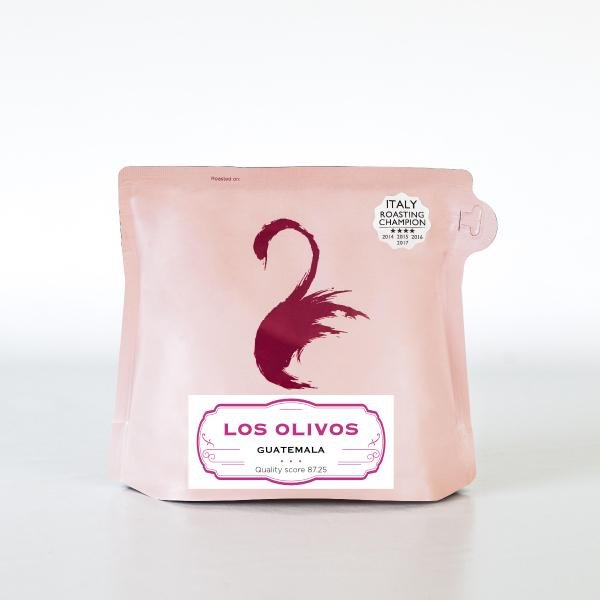




Guatemala
250g
Cup Notes
Lemongrass / Graham cracker / Honey / Caramel suggested for espresso and filter
Quality Score: 87.25
when we roast
We freshly roast to order all coffees on Monday, Wednesday and Friday (excluding national holidays), and ship the same day! Cut-off time is 11:59pm (UTC+1) of the day before the roast day. *We only ship whole beans*
The idea was born in Santa Amellia Xalapa as a way of supporting a growing community of farmers. They excelled at growing: Corn, Tomato, Apples, Peaches and Avocado - they then added coffee.
Due to the richness of the soils and the high altitude at where they are found, coffee has been a great success. The idea originated when a Spanish organization visited them and encouraged an organized community to support each other and find better markets for their quality products. They became a formal association in February of 2017.
Washed coffees focus solely on the bean. They let you taste you what’s on the inside, not the outside. Washed coffees depend almost 100% on the bean having absorbed enough natural sugars and nutrients during its growing cycle. This means the varietal, soil, weather, ripeness, fermentation, washing, and drying are absolutely key.
Washed coffees reflect both the science of growing the perfect coffee bean and the fact that farmers are an integral part of crafting the taste of a coffee bean. When looking at washed coffees, it becomes apparent that the country of origin and environmental conditions play a vital role in adding to the flavour.
During wet processing, the pulp (i.e.the exocarp and a part of the mesocarp) is removed mechanically. The remaining mesocarp, called mucilage, sticks to the parchment and is also removed before drying. During this process, the sugars present in the mucilage are removed through natural fermentation or mechanical scrubbing. Mucilage is insoluble in water and clings to parchment too strongly to be removed by simple washing. Mucilage can be removed by fermentation followed by washing or by strong friction in machines called mucilage removers. Fermentation can be done by stacking the coffee outside or placing them under water and allowing nature to take its course. After the sugars are removed, the beans then can be taken through a secondary washing to remove any additional debris, or taken immediately to the beds for drying.